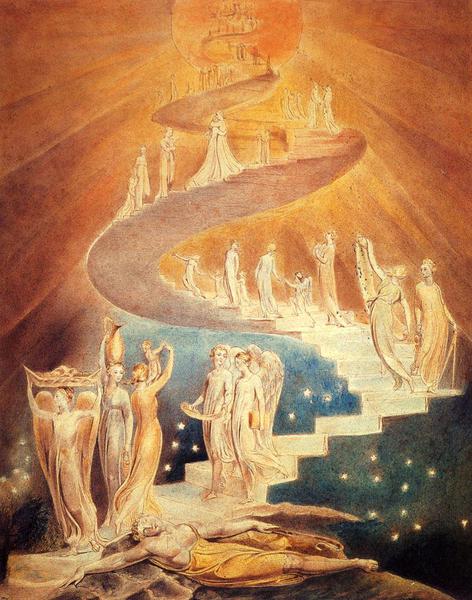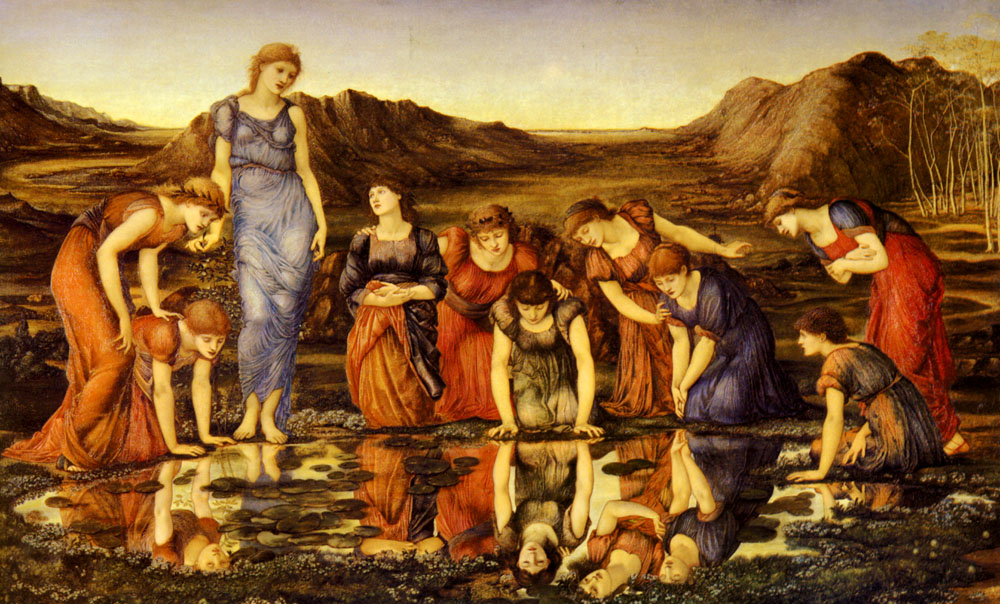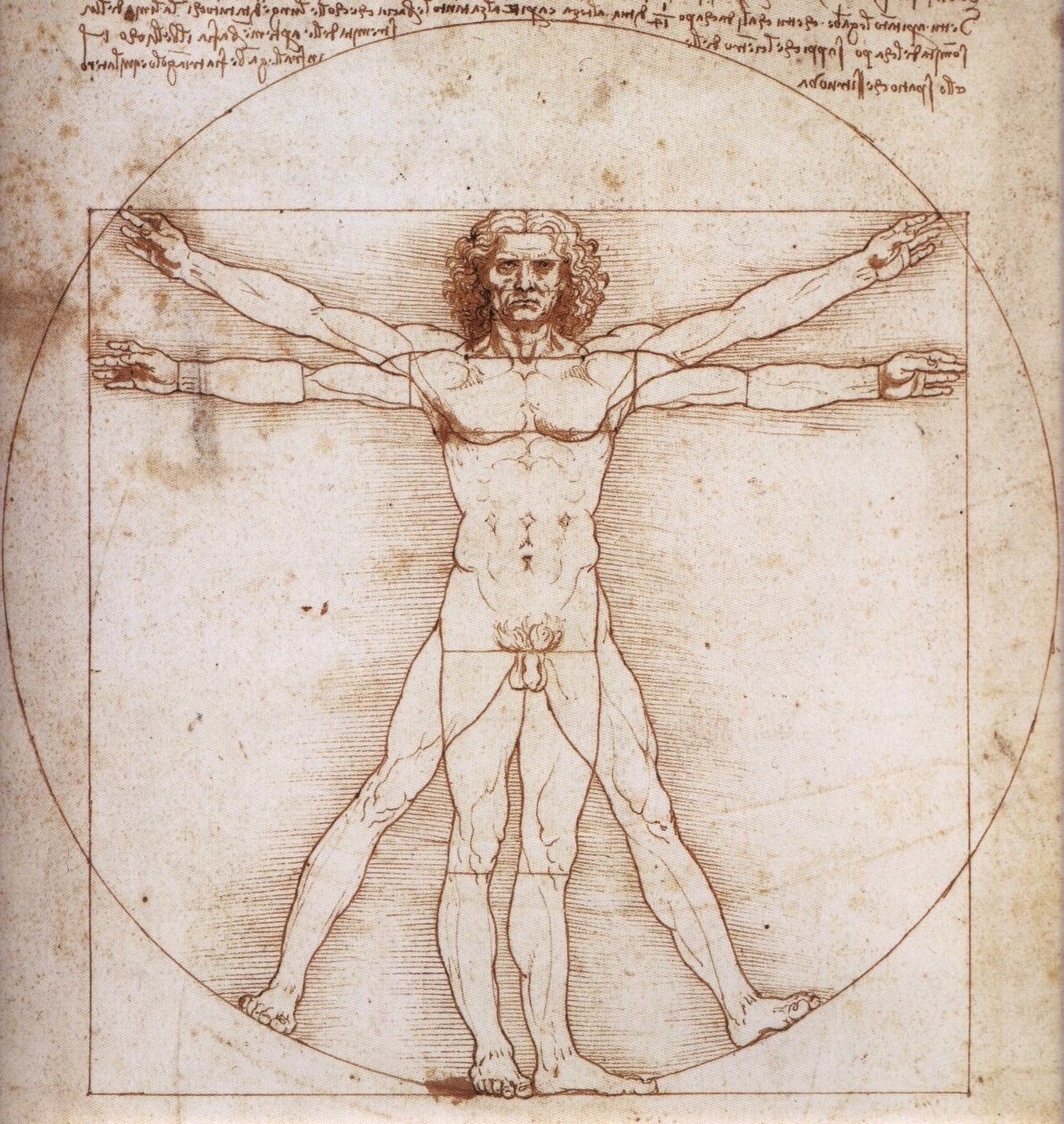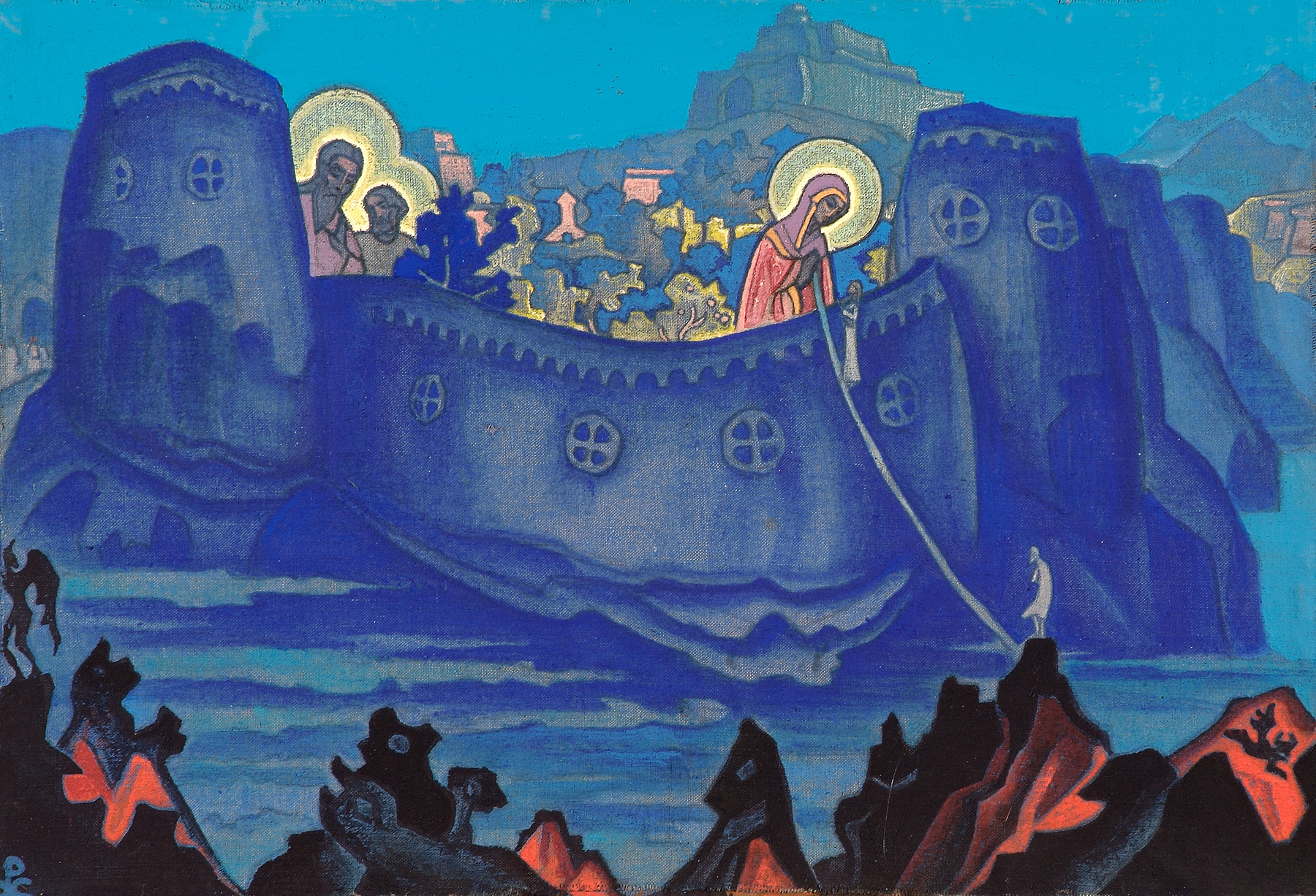Frequently Asked Questions
What is the origin of the Gnostic Teachings?
Gnosis today is the modern form of an ancient system of learning, which has existed through the history of man’s presence on Earth. This wisdom was not available to the public, but was revealed only to those who had been initiated into the mysteries.
The Gnostic teachings, as taught in Gnostic Centers throughout the world today, comes from the writings and practices of a modern day teacher, Samael Aun Weor, who synthesized the precepts of the philosophers, mystics, and adepts of all times into an integrated and comprehensive system of knowledge and instruction. Gnosis, as unveiled by Samael Aun Weor, contains a synthesis of all the ancient mystery schools. The contemporary Gnostic Movement has spread rapidly since it began in the 1950’s in Columbia. Gnostic centers can be found in many countries throughout the Americas, Europe, Asia, Australia, and Africa.
What is the format of the classes?
In each class, there will be a talk and a guided meditation practice. Practices range from introductory techniques for relaxation and meditation, to keys that can be applied in daily life. No previous experience is needed. The weekly course of 33 lessons serves as a foundation to further develop the science and ethics of meditation in a more in depth manner.
Where can Gnosis be found?
There is Gnosis in the Tantric Buddhism of Tibet, in the Zen Buddhism of Japan, in the Chan Buddhism of China, in the Sufi tradition, in the Dancing Dervishes, in the Egyptian, Chaldean, Pythagorean, Greek, Aztec, Mayan, Incan, Toltec Wisdom, etc. If we carefully study what is contained in the Christian Gospels, we will find the mathematics of Pythagoras, the Chaldean and Babylonian parables and the formidable Buddhist ethics.
What do the Gnostic teachings consist of?
The Gnostic teachings consist of a wide variety of esoteric disciplines, all of which are presented in a very practical manner. Gnosis is not just theoretical. Practices are given so that what is being learned can be verified, surpassing the boundaries of believing or disbelieving, since both lead to ignorance. Gnosis is called the ‘Doctrine of the Synthesis,’ since it synthesizes the most essential aspects of all of the ancient mystery schools, religions, and esoteric systems of the past and present into one doctrine. Yet Gnosis is not a derivative of any one of these systems. Gnosis predates all religions and systems, and is not the property of any individual or group.
What kind of commitment do the Gnostic classes require?
As far as attendance to the open classes, anyone is welcome to attend one, several or all of the classes being offered in a series of public talks. For those who are interested, weekly courses are offered where we will go deeper into the topics that have been introduced. Since the classes and practices build on each other, consistent weekly attendance is expected for those who decide to continue with the classes.
What is the cost to attend the classes?
Gnostic centers throughout the world are non-profit organizations, relying on voluntary student donations. Gnosis is not a business and no person involved in the running of a center is making money for his or her services. For those who continue on with the weekly course, donations (suggested min of $40/month) are greatly appreciated to cover the costs of running the center, i.e.: rent, electricity, flowers, print-outs etc.
The Gnostic goal is the happiness of all human beings without distinction. The aim of all centers is to share Gnosis with anyone who is interested, regardless of race, sex, religious background, occupation, etc. Having no monetary price set on them, the Gnostic teachings can thus be considered to be “free.”
This does not imply, however, that the teachings are superficial, or not of value. The fruits of Gnosis are acquired through the efforts of each student. The more one puts into studying, understanding, and practicing the teachings, the greater will be the fruits of one’s efforts. The students who persist and persevere are the ones who see the real value in the knowledge.





